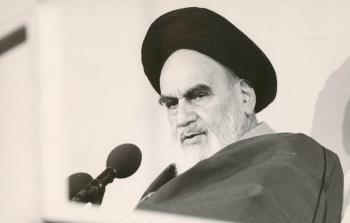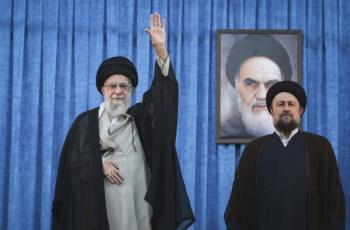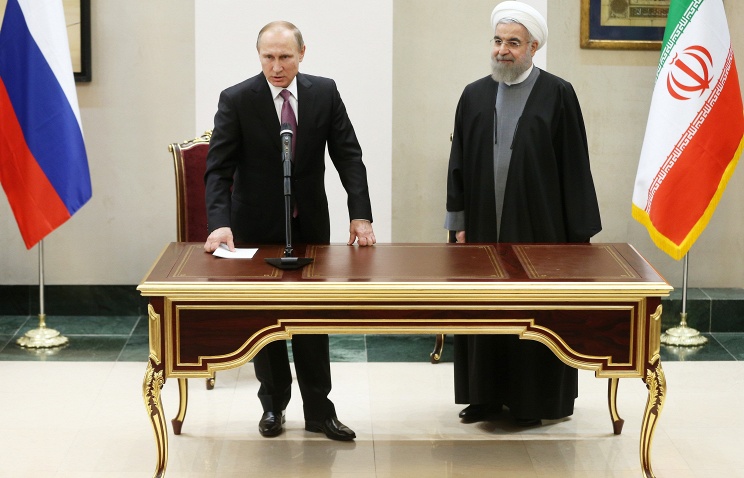Alwaght- Russian President Vladimir Putin on Friday signed a decree on Russia’s fulfillment of the UN resolution on Iran’s nuclear program.
President Putin signed a decree on enforcing UN Security Council Resolution 2231 of July 20, 2015 that sealed the solution of the Iran nuclear issue, according to the document posted on the government’s legal information portal on Friday.
Putin has decreed that Russian organizations and institutions will be required until October 18, 2025 to get a preliminary authorization from the UN Security Council for delivering, selling or directly transferring to Iran "all the items on the List of nuclear materials, equipment, special non-nuclear materials and corresponding technologies subject to export control."
The same requirement applies to all the items specified in the List of equipment and dual-purpose materials and corresponding technologies applied for nuclear purposes.
The Russian president’s decree says that the UN Security Council’s permission "is not required for the activity directly related to reconfiguring two cascades at Iran’s Fordo facility for the production of stable isotopes by the method of the centrifugal enrichment, with the exportation of enriched uranium stocks exceeding 300 kilograms from Iran in exchange for the transfer of natural uranium to Iran and with the upgrade of Iran’s Arak reactor based on an approved conceptual design project and the subsequent agreed final project of that reactor’s design and on condition that it complies with the Joint Comprehensive Plan of Action approved by the UN Security Council and provided that the Iranian side gives guarantees that the Russian side will hold checks of the use of any supplied item (material, equipment, product and technology) for the stated goals and of the place of its use."
Under the document, a preliminary authorization of the UN Security Council will be required until October 18, 2023 for delivering, selling or directly transferring to Iran the items specified in the List of equipment, and also materials and technologies that can be used for the creation of missile weaponry and for which export control has been established.
On July 14, Iran and the P5+1 group of countries comprising Russia, the United States, China, France and the United Kingdom plus Germany, signed the Joint Comprehensive Plan of Action (JCPOA). The agreement guarantees the peaceful nature of Iran's nuclear program in exchange for sanctions relief.
Following the adoption of the JCPOA, the UN Security Council passed Resolution 2231, which prohibits Iran from engaging in activities related to ballistic missiles capable of delivering nuclear weapons.
In January, the International Atomic Energy Agency (IAEA) verified Iran’s compliance with the terms of the JCPOA. The confirmation led to the immediate lifting of UN, US and EU sanctions linked to the country's nuclear program.
Russian President Vladimir Putin visited Iran November 2015 and met with Leader of the Islamic Revolution President Hassan Rouhani where various issues including nuclear cooperation were discussed.



























